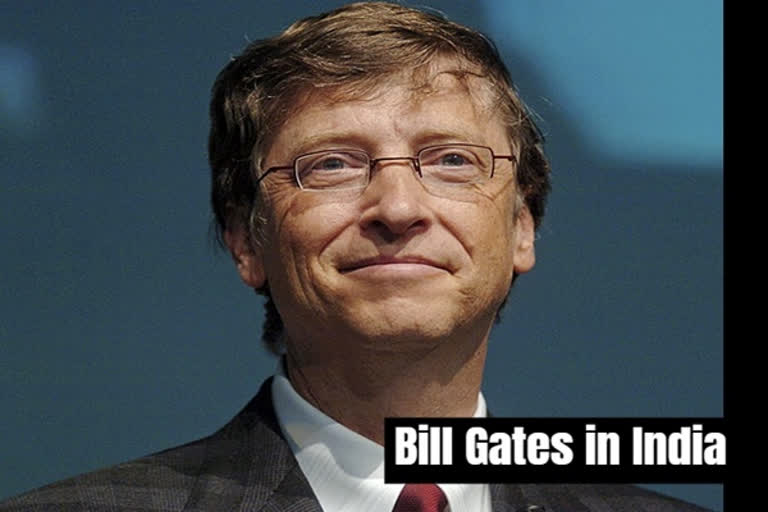New Delhi:Greater private sector innovation and use of technology like digital tools would help India provide quality healthcare services at low cost, billionaire philanthropist and Microsoft co-founder Bill Gates said, listing priority areas of his foundation for the country.
While talking to media, Gates complimented India on a range of programmes like digitisation of payments to benefit the poor citizens, sanitation and polio eradication, adding his foundation is in the process of taking some of the successfully implemented ideas in the country to the African continent.
Gates is currently on a three-day visit to India to review work of the Bill and Melinda Gates Foundation which has been working in areas of health-care, sanitation, agriculture and financial services for the underprivileged people in India for over a decade.
He said he is meeting with some private sector companies in both the health and agriculture sectors to have an update about some of the innovations.
"Because, after all, providing healthcare at low cost, India needs a lot of great private sector innovation in that. And I'm sure a number of those will not just be applicable to India; there will also be things that are valuable for the work we do in other countries, as well," he said.
He further said, "Our biggest work has been broadly in the health area helping to get new vaccines introduced, helping to look at innovations in some of the disease-specific areas, like tuberculosis or visceral leishmaniasis (VL) or lymphatic filariasis (LF)."
"We're learning a lot about how we can create dashboards so that primary healthcare system can look at what it's doing well, things like vaccine coverage, which is very key, or the quality of the prenatal or delivery-type services," he said.
The 64-year-old billionaire said the primary healthcare system and its quality is the backbone for everything.
"There's also a lot of really good work on specific diseases that India's partnered with us on each of those, and there is good progress. VL cases have gone down. With LF, we have this triple-drug therapy. Where we have tuberculosis, we have a way of engaging the private sector, and so the amount of diagnosis and treatment is going up," he said.
